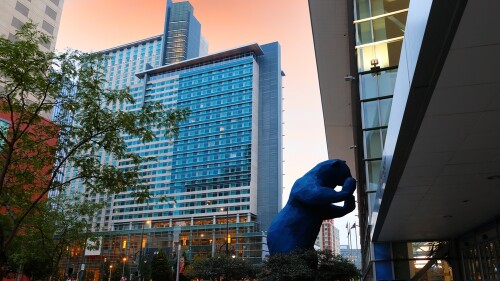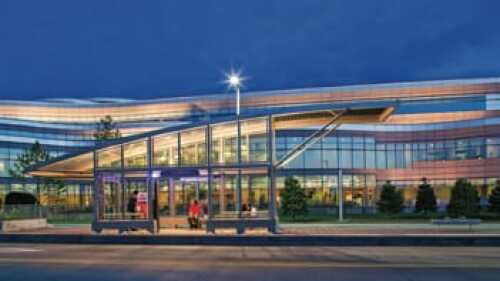Economic Development
Five finalists have been announced for this year’s award, which recognizes outstanding examples of successful large- and small-scale public spaces.
Public/private partnerships (P3s) are critical to fixing aging transportation infrastructure and building new mass transit options across the United States, said former U.S. Transportation Secretary Ray LaHood in remarks that concluded a ULI conference in Detroit.
Like a sweltering summer day in the Panhandle, the Texas real estate market is hot. Very hot.
Ok, so it’s impossible to achieve a perfect commute, let alone build a perfect city mobility system. But cities can still do a better job than they do now, and they can start by focusing on the “sticks” and “carrots” of transportation.
Tech startups—and the venture capital on which they thrive—are breaking out of their suburban mold.
Reduced revenue from the recession aggravated budget woes. How does real estate figure into cities’ recoveries post-bankruptcy?
The Colorado Convention Center is one of the country’s busiest meeting venues. The work of a ULI Advisory Services panel played a significant role in Denver’s decision to build the convention center. But it had a humble and fractious start.
A bus rapid transit project proves a powerful catalyst for development—and transforms the way Cleveland thinks about the link between transportation and jobs.
For a developer, receiver, or investor/owner of distressed hotels and condominiums having difficulty putting heads in beds, conversion to shared ownership is a logical consideration.
This year, several Urban Land Institute members finished strong in the U.S. Environmental Protection Agency’s Energy Star National Building Competition to see who could reduce their energy use the most.









